The PhD can be about more than scientific research
By Adam Persing.
I am Chief Data Scientist at MRB Partners, a Manhattan-based advertising/tech start-up, where I discover and develop machine learning algorithms that drive the firm’s products. I graduated from Imperial in 2014 with a PhD in computational statistics.
The main purpose of a PhD program is to teach a student how to conduct scientific research, but it also cultivates a skillset that can prepare a student for a career outside of academia. I have found that some of the most valuable elements of that skillset are:
- Communication,
- Market research, and
- Self-management.
In the following blog post, I will discuss each point in some detail, highlighting how the skill was developed during my PhD and how I apply the skill today in industry.
Communication
As a doctoral researcher, I communicated new, complex ideas to my peers through conference talks, journal publications, and my thesis. My thesis was a milestone in my personal development. It was the first time that I had ever organized, written, and presented such a large body of work, for an audience that I would expect to have little or no background in the subject matter. This skill is one I use today daily. As a technical person in industry, it is the norm for me to communicate science to people who have no formal training. Working in a start-up, there is the additional hurdle of having to explain and sell novel products to a market that previously had no concept of them.
Market research
I made a considerable effort to keep abreast with new research advancements in computational statistics when I was a doctoral researcher. I learned to check the arXiv on a daily basis, attend conferences and departmental talks regularly, and continually analyse my findings. This process of closely monitoring a field of research and forming opinions on the direction in which it will advance is parallel to market research in industry. I now track advancements in tech to help plan for the future. Just like in academia, I identify the key players within my industry and I read/listen-to everything they put out, while speaking with them when I have the opportunity. This research helps me form opinions about where tech is headed, thereby enabling me to form effective strategies.
Self-management
My principal PhD advisor gave me the freedom to manage myself when I was a doctoral student. I operated within his research framework, but I controlled my own pipeline of projects. Having this responsibility taught me how to structure a productive workday for myself, as well as time, resource, and project management. I would not be able to do my job today without these skills.
Conclusion
The truly unique aspect of a PhD program is that it teaches a student how to conduct research, and the purpose of this blog post is not to sell the degree to people who do not have a strong interest in research and in learning how to advance science. Rather, my hope with this post is to encourage research students to realize that there are important benefits to the experience (apart from the specialist knowledge) that can advance their careers.
(Left) I live in Manhattan in Tudor City, a 1920s apartment complex known for its rooftop TUDOR CITY sign. The complex takes its name from England’s Tudor dynasty.
(Right) I work in the Flatiron District, which is named for the triangular shaped Flatiron Building.


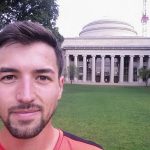
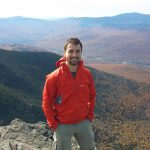
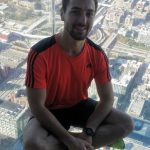
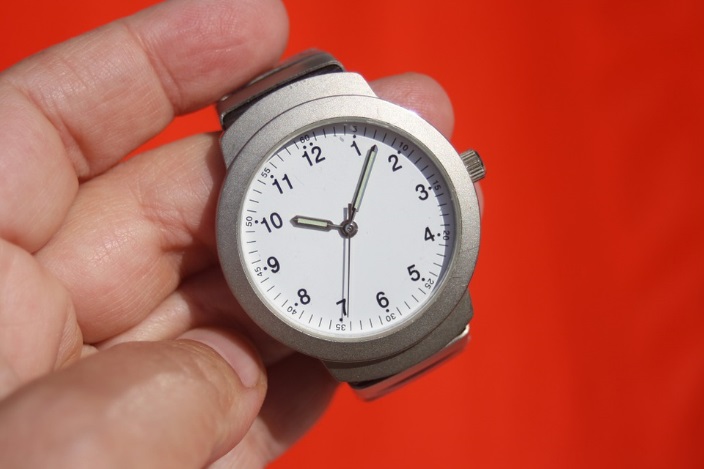
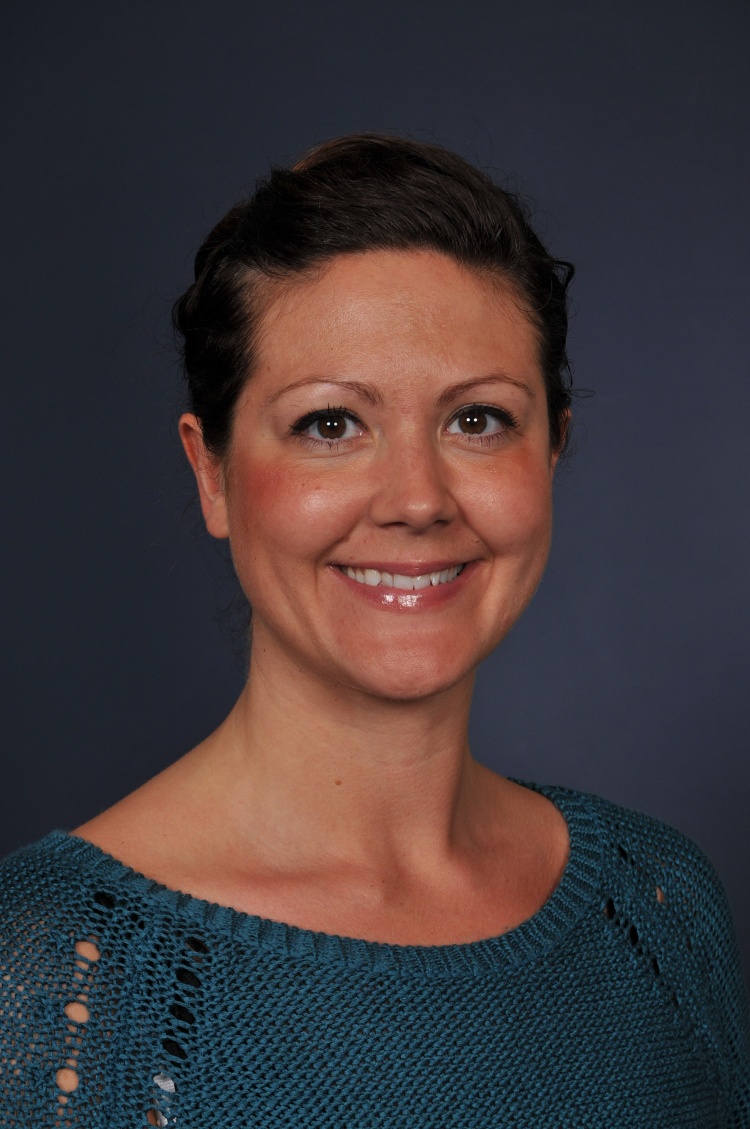
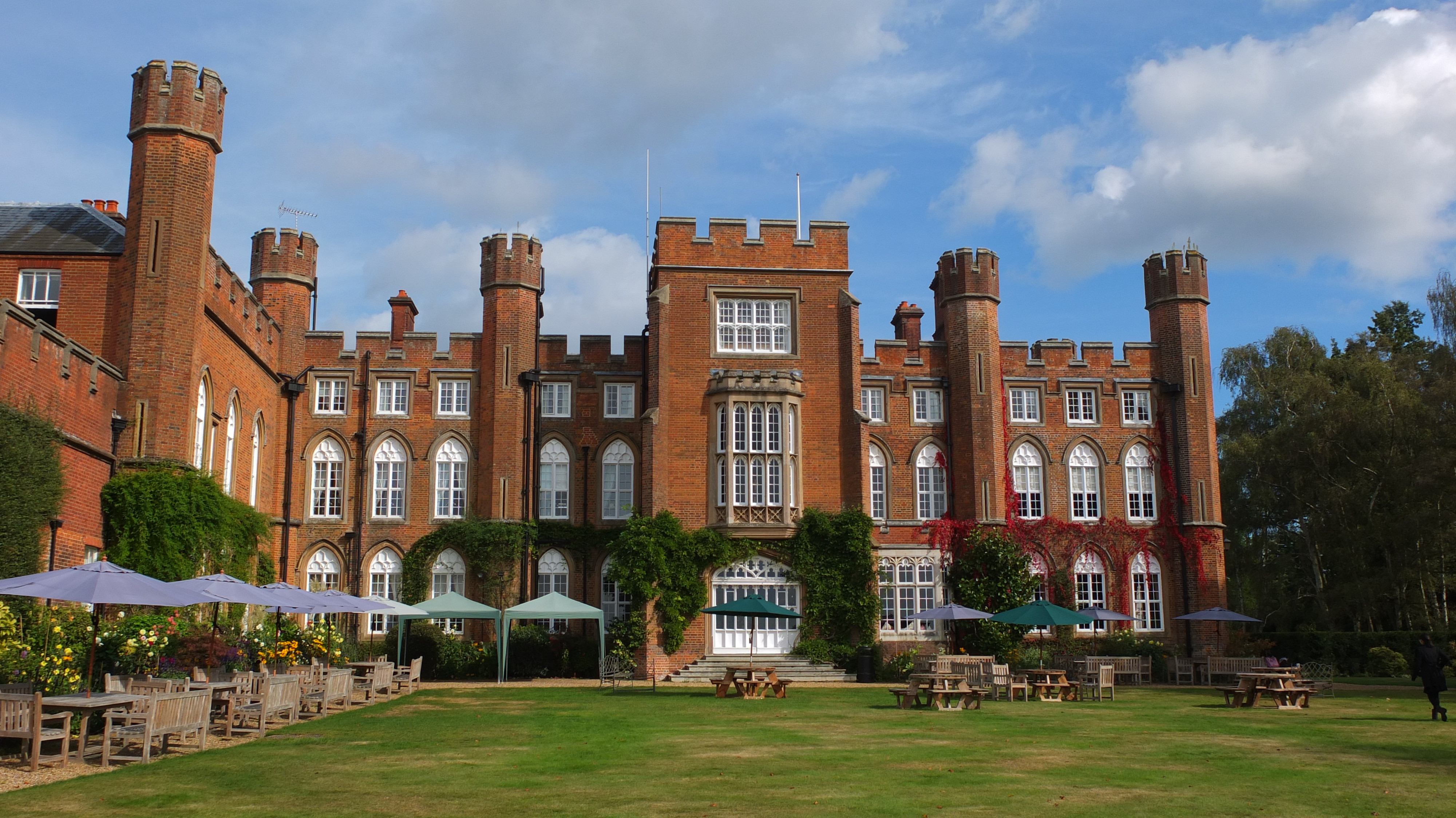
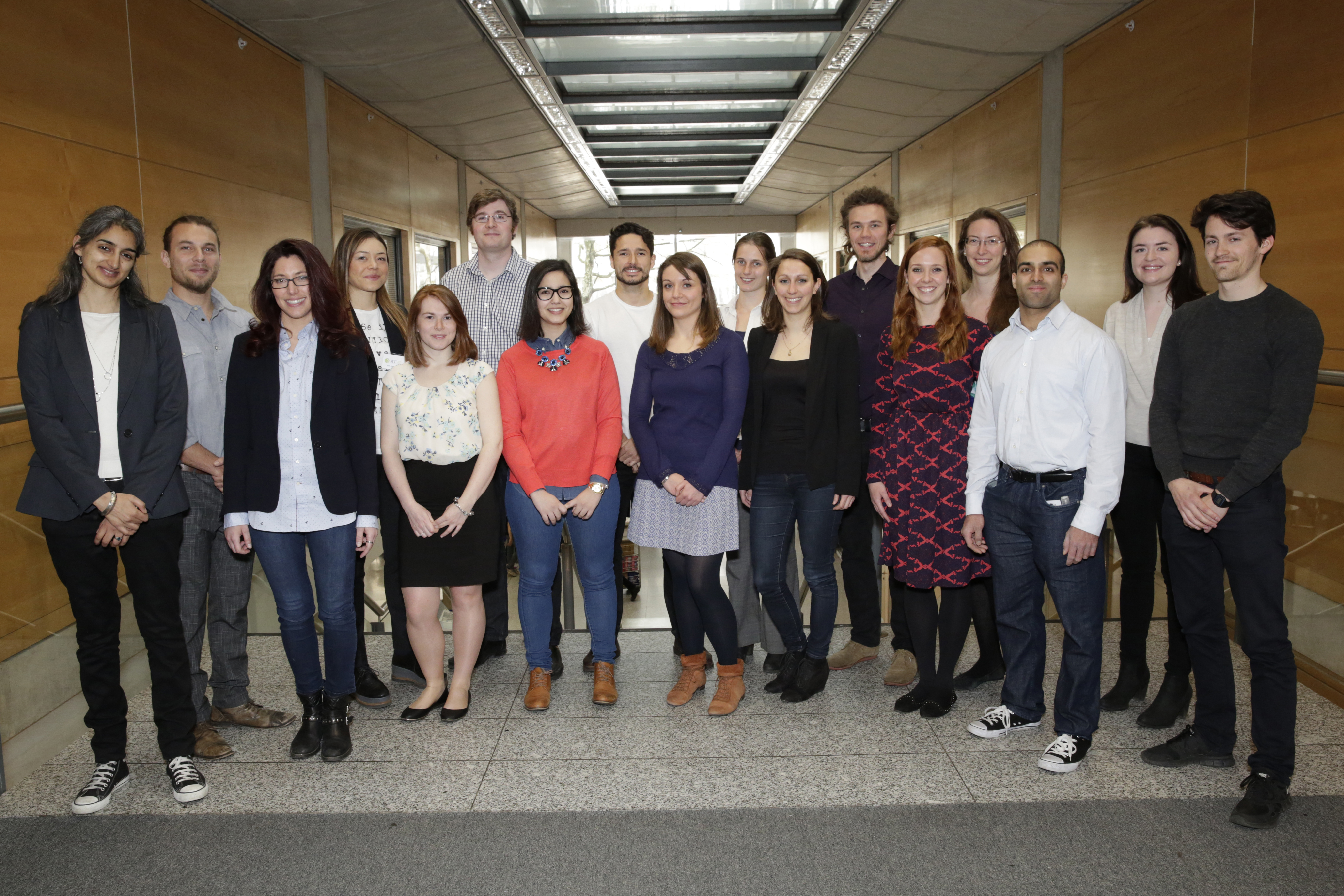 We offer two types of provision under this programme; firstly we can tailor our courses so that they are more specialised for subject areas and secondly, we have funds available to support students who wish to undertake cohort building activities. To give you some examples, we have previously funded student-led symposia, journal clubs, sporting networking activities, and even funded a trip to the Eden Project for a group of students. I would encourage you to have a look at our cohort building website for ideas and submit an application!
We offer two types of provision under this programme; firstly we can tailor our courses so that they are more specialised for subject areas and secondly, we have funds available to support students who wish to undertake cohort building activities. To give you some examples, we have previously funded student-led symposia, journal clubs, sporting networking activities, and even funded a trip to the Eden Project for a group of students. I would encourage you to have a look at our cohort building website for ideas and submit an application!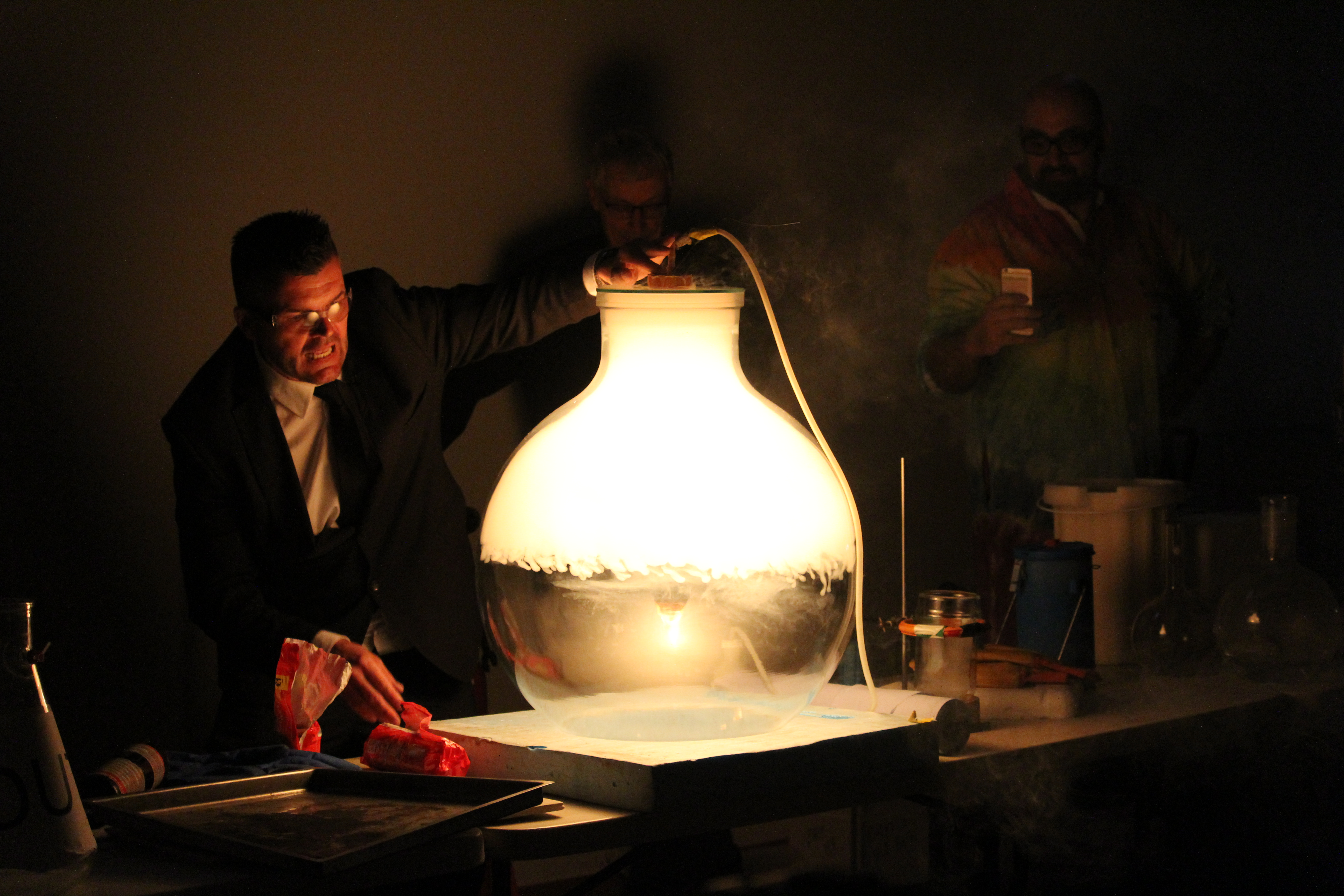 As well as continuing to host the IgNobels, 3 Minute Thesis and Live Chemistry Show we will also be launching a brand new summer research showcase in July which celebrates the amazing research that postgraduates students carry out and to celebrate your achievements – look out for more information about this in our regular e-newsletters!
As well as continuing to host the IgNobels, 3 Minute Thesis and Live Chemistry Show we will also be launching a brand new summer research showcase in July which celebrates the amazing research that postgraduates students carry out and to celebrate your achievements – look out for more information about this in our regular e-newsletters!